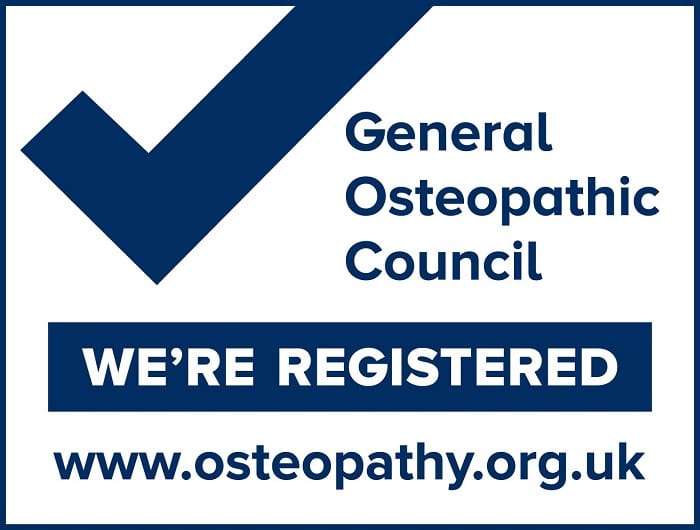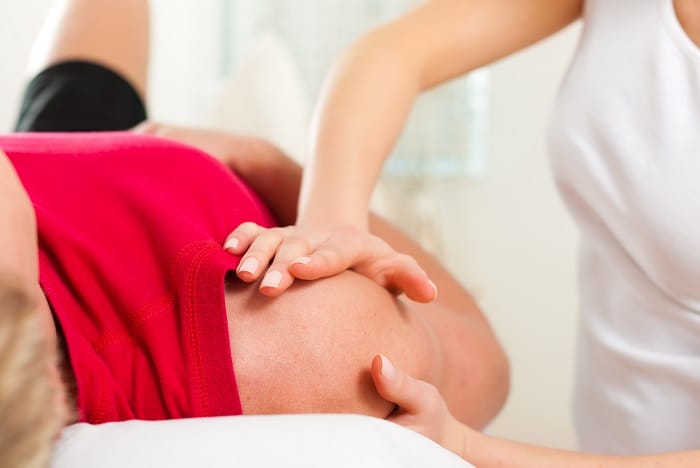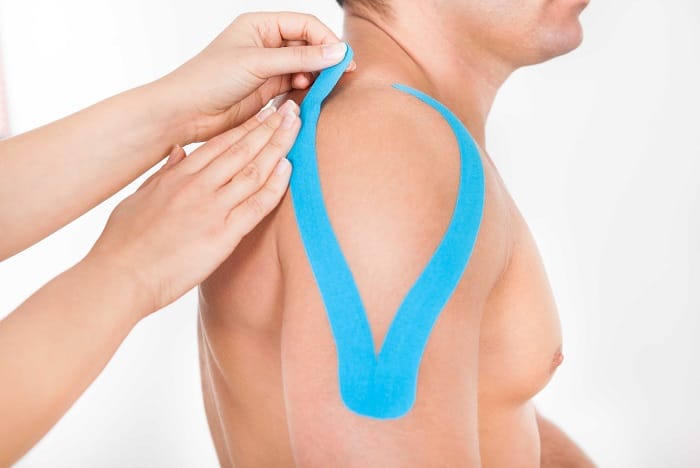Aftercare Advice
Your treatment may begin with a thorough assessment and lead to targeted treatments and exercise rehabilitation programmes, but it does not end there. Realistically a therapist can only see you for short periods each week, but many conditions need regular daily attention to achieve the best possible recovery. Raising your awareness of your condition and making changes to your normal activities during recovery, to reduce risk of re-injury, is an important part of your treatment. So aftercare advice about self-management is a vital, integral part of your rehabilitation.
Aftercare advice is a significant issue for therapists, as a low level of compliance from clients can delay their recovery and require further intervention treatments from the therapist. Good compliance means more improvement between therapy sessions, allowing the therapist to progress your treatment more quickly.
Advice is part of your treatment and all treatments will be tailored to the symptoms and rehabilitation goals that are unique to you. Depending on your condition and stage of healing some of the advice you could receive may include;
- Advice on the self-management of acute stage injuries, before rehabilitative therapy can begin. Including principles of rest, ice, compression and elevation (RICE).
- Self-management of pain symptoms via use of heat/ice packs, tens machines or self-administered transverse frictions and isometric ligament stretches.
- Advice on the use of splints and insoles, to maintain stretches and correct posture.
- Advice on the use of crutches and walking aids during recovery.
- Advice on activity modification to reduce risk of re-injury, especially during recovery.
- Exercise plan to promote muscle strength, joint flexibility and balance training.
- Advice on home adaptations to facilitate movement or better posture.
- Ergonomic works station assessments to raise posture awareness and manual handling safety, with suggestions on possible adaptations.
- Advice on the progressive return to sports participation, or the workplace. Building confidence following an injury and modifying techniques to reduce reoccurrence of future injuries.
If you do not see the benefit of following the advice given to you or the exercises proposed, it is less likely you will keep up with them. It is important then, if you do not understand or agree with the advice, that you ask your therapist questions. Your therapist wants to help you get better and will be more than happy to explain the treatments and the advice they give you.
If you would like more information on how osteopathy or physiotherapy can help treat you, or want to book an appointment, please email nick@nickcastle.co.uk. or phone us on 0207 386 9777.
Have any questions, make an enquiry Enquire Now
I didn't actually choose to see Nick - I was sent to him by my exasperated personal trainer, and now I can't thank her enough! Five weeks before the London Marathon I developed a pain in one of my glutes and did what any self-respecting idiot would do - ran on it until it was so bad it hurt just to walk, and the months of training seemed like they'd been for nothing.
Nick is wonderful. He's very professional and thorough and he has a naturally calming manner that will put you at ease. He also clearly knows his stuff - in our first session he quickly identified my problem (piriformis) explained it in terms I could understand (!) and gave me exercises to speed up recovery.
I had three more sessions and they were well worth it. As well as treating the injury he also assessed my running style for any underlying issues and correctly identified previous injury sites. With his help I was able to quickly get back into training and, by some miracle, a week before the marathon I was pain free.
I joked that, as well as fixing my injury, I expected Nick to make me run faster. Well, maybe... Just maybe... The man's a magician! I'm delighted to say I ran a pb, clocked my first sub-3 hour marathon and came 46th out of all the ladies. Thank you Nick! I cannot recommend him enough.
- Ros P
A big thank you to Elaine (osteopath) at Nick Castle Osteopathy & Sports Medicine Clinics - after just 2 sessions she managed to work out some major aches and pains I'd been having daily, for over 6 months. I plan on seeing her on a regular basis to prevent any future problems. Thanks again!
- Priti S
I have had 2 sports massages with Nick, one in Kensington and one in Amersham. Nick is a very approachable therapist, who spends time building a picture of the type of sports you do and the injuries you have. I have found Nick's techniques to really help improve my performance.
- Jane B








